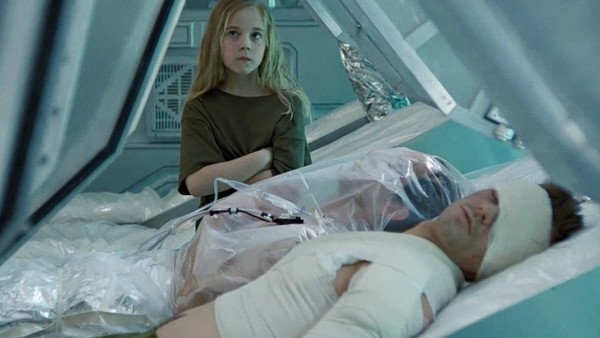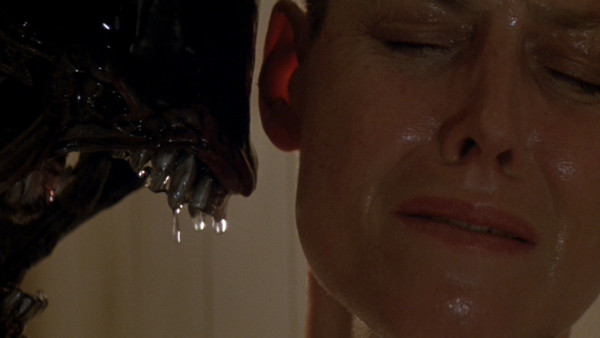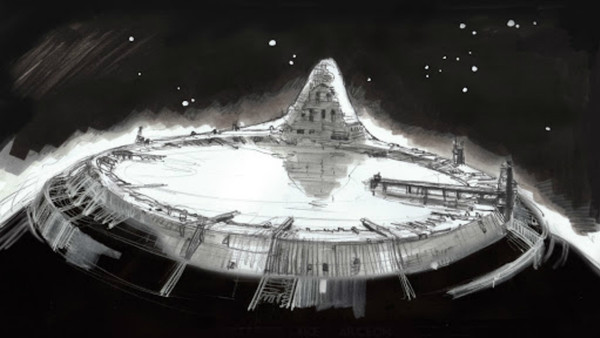Alien 3: What Really Happened?
4. Alien After Aliens - Why Alien 3 Entered Development Hell

To figure out what went wrong with Alien 3 you have to go back to 1986, and the release of Aliens. Jim Cameron's 1986 sequel was a critical and box-office success, and Fox were keen to capitalise on the positive buzz surrounding the film by approaching Brandywine Productions (the other studio behind the Alien franchise) to pitch further sequels.
The initial idea was that Alien 3 and 4 would be almost like a two-parter, and that both films would shoot back-to-back, with Michael Biehn's Corporal Hicks being the main protagonist of the third film, leaving Sigourney Weaver's Ripley to return as the hero in the fourth.
But here's where things start to get a bit messy. You see, Weaver herself wasn't too excited about returning to the Alien franchise. Although Alien 3 takes the cake for studio interference, Fox were similarly invested in Aliens and reportedly removed key scenes that would've revealed more of Ripley's past. This in mind, Weaver only initially signed on for a follow-up on the condition that her role would be kept to a minimum, which later evolved into her demanding that Ripley die if she was to come back and make a third film (via Entertainment Weekly).

During this time, the studio had also attempted to lure Ridley Scott back to the franchise. But he was unable to return.
Meanwhile, Fox and Brandywine got to work on finding writers to pen the screenplay. In 1987, they approached William Gibson, whose aforementioned script went on to attain cult status.
Gibson's idea for a third Alien film was rooted in Cold War politics, and built upon the concept first thought up by Brandywine heads Walter Hill and Gordon Carroll, which aimed to reveal why the sinister Weyland-Yutani Corporation was so invested in the Xenomorphs, and would've seen the group face off against an isolated human colony governed by a Soviet-style ideology.
Fox eventually passed on Gibson's script, but not before exploring other options. A number of other treatments were written, with one penned by Eric Red pitting the Xenomorphs against space-colonists in their own town.
After Red came a script from David Twohy, who built off of Gibson's work. By this point however, Fox felt as though the end of the Cold War had made the initial pitch outdated and irrelevant, and so Twohy opted to pursue another angle, which involved a prison planet - much to the disappointment of then director Renny Harlin, who departed the project shortly after.

The next script, written by Vincent Ward, differed massively from the previous versions.The film would've seen Ripley crash land on a partially wooden satellite inhabited by monks who had all but shunned technology. Ward disembarked the project due to creative differences, but his version provided the skeleton of the plot seen in the finalised Alien 3, with Fox swapping the monastery out for a prison, and the monks for prisoners.
With Ward's departure, Hill and Carroll decided to take control of the project and fashion a new script, one that combined elements of Ward's film with Twohy's. David Fincher then came onboard, with filming commencing at the beginning of 1991 - a whopping four years after the first script had been completed - without a finished draft.